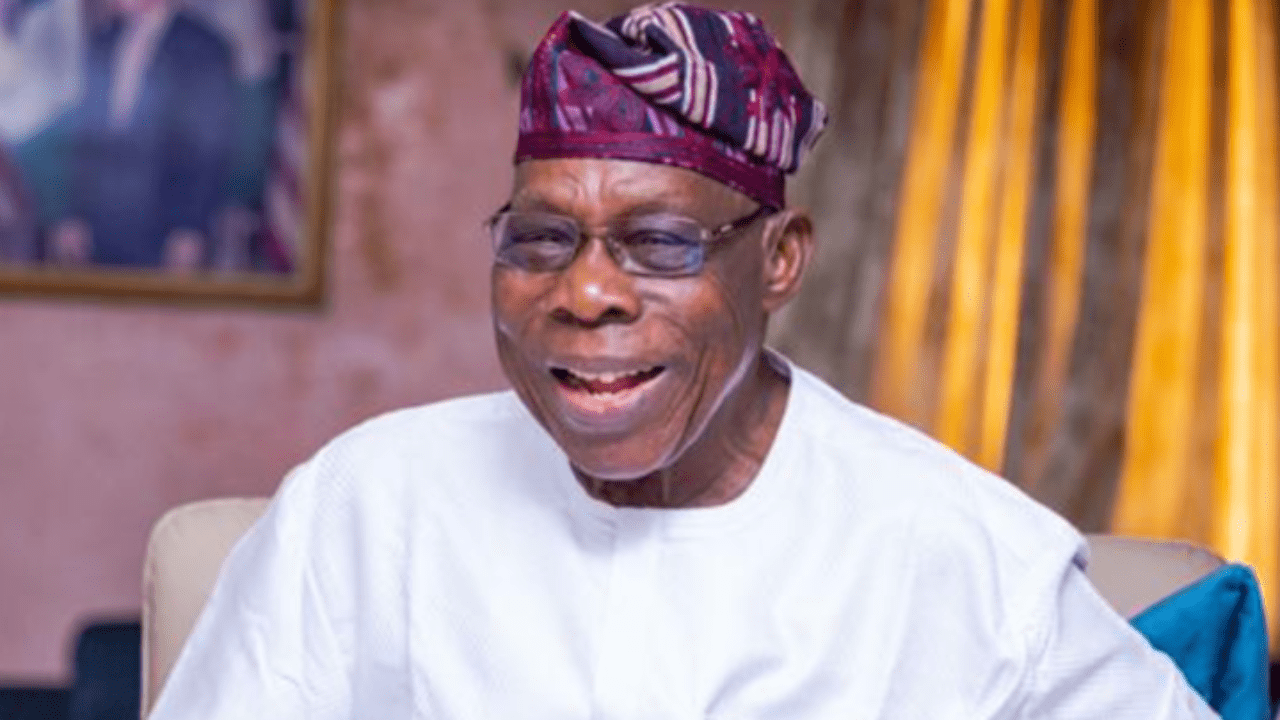
Former President Olusegun Obasanjo has raised alarm over Nigeria’s growing out-of-school children crisis, warning that millions of uneducated youths could become easy targets for recruitment by Boko Haram and other violent groups.
Speaking on Tuesday at the inauguration of the Bakhita ICT Centre in Sokoto, Obasanjo described the neglect of the country’s estimated 24 million out-of-school children as a “ticking time bomb.”
“You don’t need an oracle to know that they will become the recruiting ground for the Boko Haram of tomorrow,” the former president said, urging national leaders to prioritise human development, empowerment, and employment to avert a future security catastrophe.
The Alarming Numbers
Nigeria currently has one of the highest out-of-school populations in the world. UNICEF data shows that more than 10 million of these children are in northern Nigeria, many trapped in the Almajiri system.
The region is already grappling with violent extremism, banditry, and mass abductions of schoolchildren, disruptions that have crippled education for years.
“If we fail to prepare now,” Obasanjo warned, “the Boko Haram of today will be child’s play compared with what we may face in the future.”
The Bakhita ICT Centre: A Response to the Crisis
The newly inaugurated Bakhita ICT Centre, equipped with 250 laptops and 50 tablets, was established by the Catholic Bishop of Sokoto Diocese, Most Rev. Matthew Hassan Kukah, with support from philanthropist Aare Afe Babalola.
The facility is designed to provide digital literacy and vocational training for young people, giving them alternatives to street life and the risks of radicalisation.
Bishop Kukah, in his remarks, called on northern leaders and communities to abandon the fatalistic acceptance of poverty as destiny.
“Among the almajiri on our streets, there could be an Albert Einstein,” he said. “Our duty as leaders, parents, pastors, and imams is to shine a light on their potential.”
He also underscored the need for unity across faith lines:
“Christians and Muslims may quarrel, but mosquitoes don’t discriminate. They bite everyone in the mosque and in the church. We all catch malaria. That is God’s way of reminding us to work together.”
Unity Amid Diversity
The Sultan of Sokoto, Alhaji Muhammad Sa’ad Abubakar, also addressed the gathering, cautioning against narratives that deepen Nigeria’s divisions, especially along religious lines.
“If we can sit here in Sokoto, just five minutes from the Sultan’s palace, to commission a Bakhita ICT Centre with Christians and Muslims praying side by side, why does nobody talk about that?” he asked.
He stressed that Nigeria’s diversity must be seen as strength, not weakness:
“When you are sick, sickness doesn’t ask whether you are a Muslim or a Christian. Hunger doesn’t know your tribe. Problems affect us all, and solutions must come from us working together.”
A Call to Action
The event, attended by traditional rulers, clerics, politicians, and young people, ended with cultural performances celebrating Nigeria’s shared heritage.
Obasanjo’s warning, coupled with Kukah and the Sultan’s appeals, placed the spotlight squarely on the urgent need for education, unity, and collective responsibility in tackling Nigeria’s most pressing challenges.



